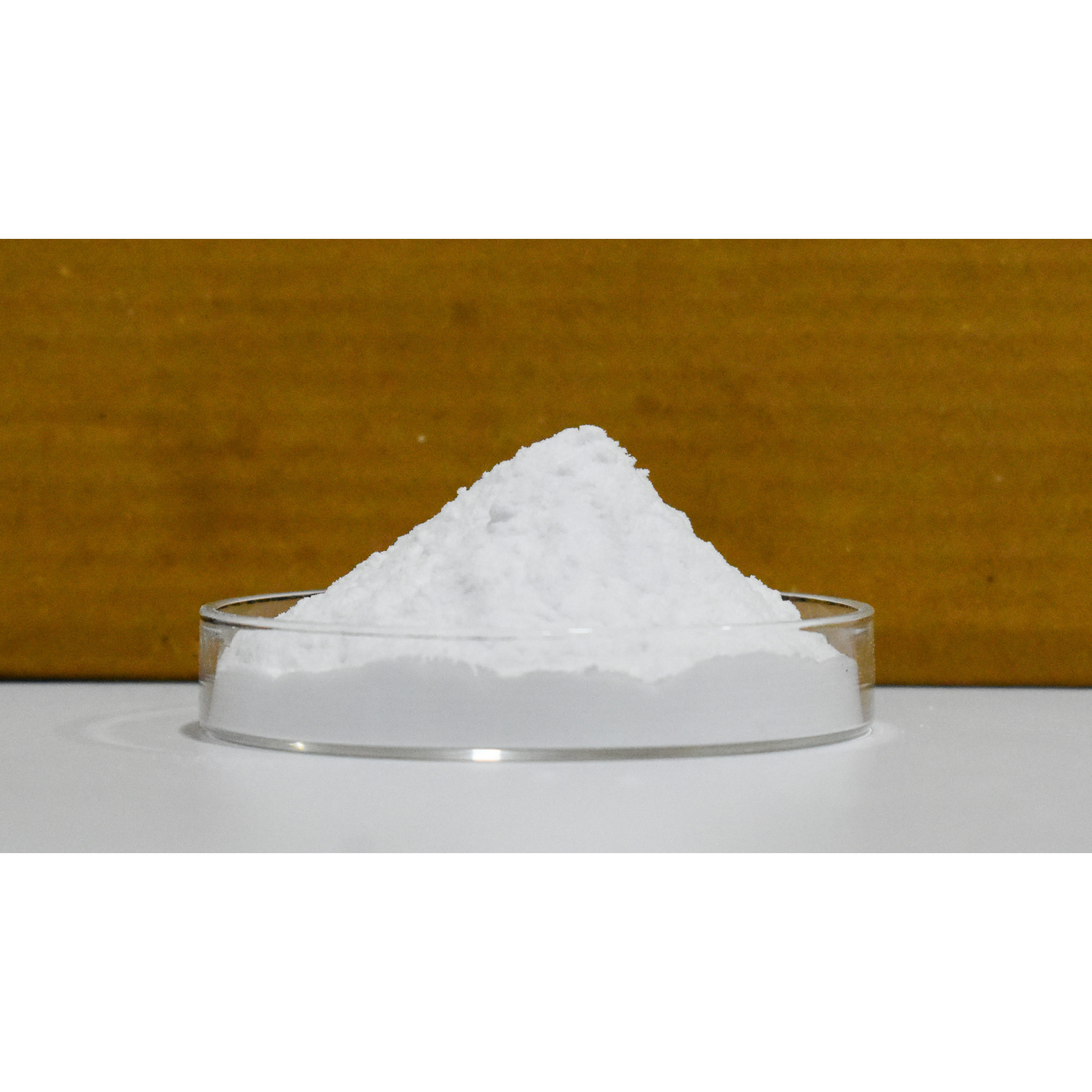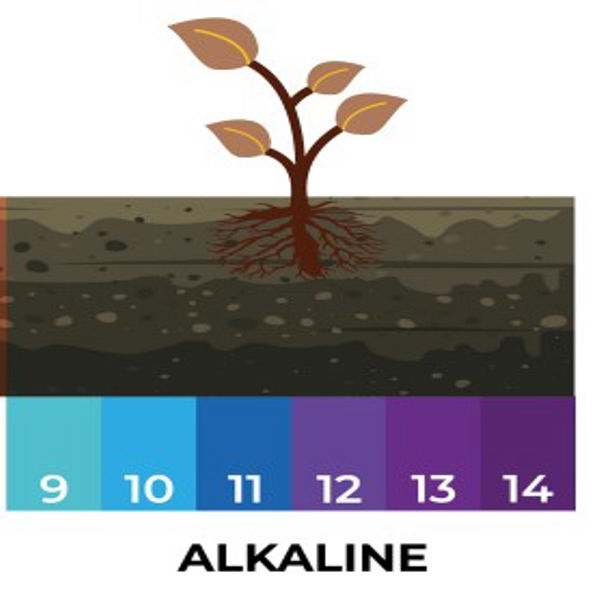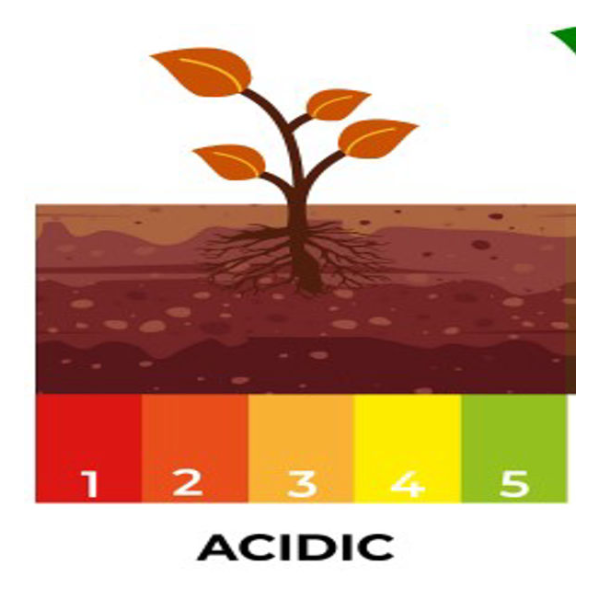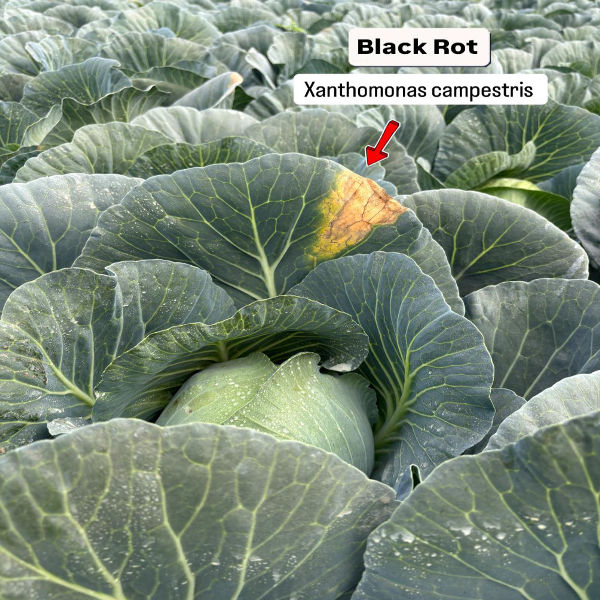
Optimize Plant Growth and Yield with Chelated Zinc
Zinc is an essential micronutrient for plants, crucial for enzyme activity, hormone production, and overall growth. However, zinc deficiency is widespread in soils with high pH, calcareous content, or poor organic matter. Chelated zinc offers a superior solution by ensuring optimal zinc absorption, leading to healthy and productive crops.
Key Benefits of Chelated Zinc:
1. Increased Nutrient Absorption
Chelated zinc remains soluble and available to plants, even in challenging soil conditions. The chelation process protects zinc ions from binding to soil particles, enhancing root and foliar uptake.
2. Boosts Enzyme Function
Zinc activates over 300 enzymes responsible for processes like protein synthesis, energy production, and plant metabolism, ensuring robust growth and development.
3. Improves Hormone Production
Zinc is essential for the synthesis of auxins, plant hormones that regulate growth and development. Adequate zinc levels promote proper root and shoot development, preventing stunted growth.
4. Prevents Zinc Deficiency
Symptoms like interveinal chlorosis, poor fruit set, and reduced leaf size are effectively corrected with chelated zinc, ensuring healthier and more vigorous plants.
5. Supports Stress Resistance
Chelated zinc strengthens plants\' ability to cope with environmental stresses, including drought and extreme temperatures, enhancing resilience and yield potential.
6. Eco-Friendly and Sustainable
By improving nutrient efficiency, chelated zinc reduces the need for repeated applications, supporting sustainable and cost-effective farming practices.
Applications of Chelated Zinc:
* Foliar Sprays: Quick correction of zinc deficiency by direct application to leaves.
* Soil Application: Long-term solution for addressing zinc deficiencies in the root zone.
* Fertigation: Efficient distribution of zinc in large-scale farming through irrigation systems.
Suitable for Various Crops
Chelated zinc is beneficial for:
* Fruits: Bananas, citrus, apples, and grapes
* Vegetables: Tomatoes, potatoes, beans, and leafy greens
* Field Crops: Maize, rice, wheat, and pulses
Essential for Sustainable Agriculture
Incorporating chelated zinc into your crop nutrition program enhances plant health, increases yields, and improves produce quality. This advanced solution supports modern farming practices, ensuring nutrient efficiency and sustainability.
Keywords
plants crucial
pulses essential
essential micronutrient
largescale farming
direct application
environmental stresses
effectively corrected
regulate growth
300 enzymes responsible
superior solution
zinc deficiency
chelated zinc zinc
optimize plant growth
crops chelated zinc
addressing zinc deficiencies
improves produce quality
irrigation systems suitable
reduced leaf size
auxins plant hormones
challenging soil conditions



